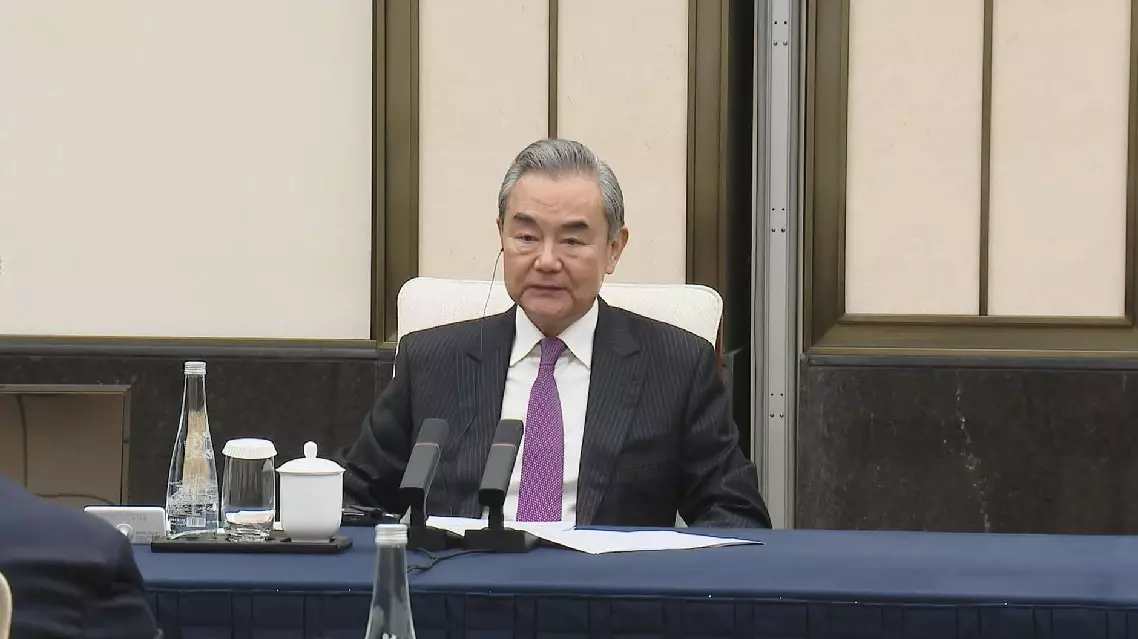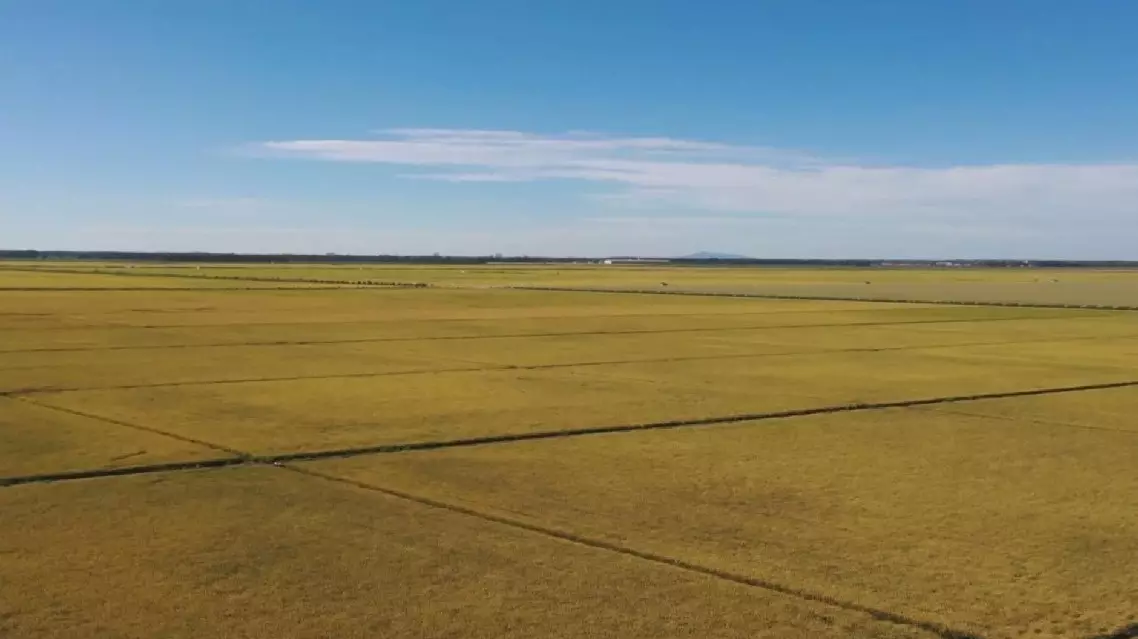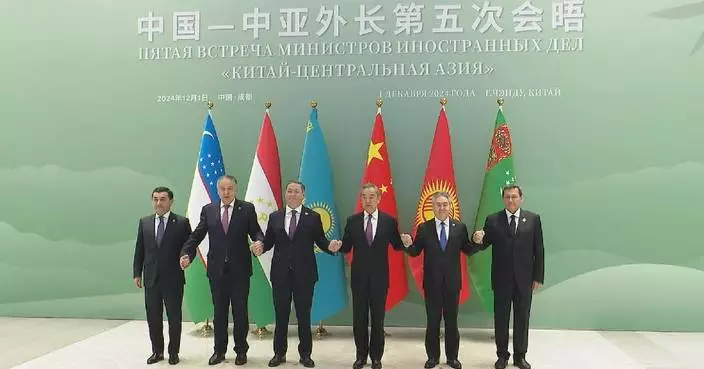Chinese Foreign Minister Wang Yi met with Kazakhstan's Deputy Prime Minister and Minister of Foreign Affairs Murat Nurtleu, Tajikistan's Minister of Foreign Affairs Sirojiddin Muhriddin and Uzbekistan's Foreign Minister Bakhtiyor Saidov, respectively, after the fifth China-Central Asia Foreign Ministers' Meeting in southwest China's Chengdu on Sunday.
When meeting with Nurtleu, Wang, a member of the Political Bureau of the Communist Party of China Central Committee, said China and Kazakhstan are permanent friendly neighbors with geographical proximity, shared ideas and close people-to-people ties.
Deepening cooperation in an all-round way conforms to the common interests of the two countries and the common expectations of the two peoples, Wang said.
He called on the two sides to fully deliver on the major common understandings between the two countries' leaders, consolidate political mutual trust, firmly support each other, jointly promote high-quality Belt and Road cooperation, make progress in the building of the China-Kazakhstan community with a shared future, and advance their respective modernization efforts.
Nurtleu said Kazakhstan appreciates China's support for Central Asian countries in safeguarding national sovereignty and independence, and regards China as a reliable and permanent comprehensive strategic partner and a diplomatic priority.
He noted that Kazakhstan reaffirms its adherence to the one-China principle and firm support for China in safeguarding its core interests on Taiwan and issues related to Xinjiang and Xizang.
Kazakhstan is willing to strengthen the synergy of development strategies with China and implement the important consensus of the two heads of state in a high-quality manner, to usher in another "golden 30 years" of bilateral relations, he said.
When meeting with Muhriddin, Wang recalled that in July this year, the two heads of state jointly announced the elevation of bilateral ties to a comprehensive strategic cooperative partnership in the new era, opening up new prospects for bilateral relations.
China supports Tajikistan in following a development path suited to its national conditions and opposes any interference by external forces in Tajikistan's internal affairs, Wang said.
He added that China is ready to work with Tajikistan to accelerate each other's development and revitalization efforts through tangible cooperation.
Muhriddin said that Tajikistan cherishes the high-level mutual trust between the two heads of state, firmly adheres to the one-China principle and will never waver in its commitment. He added that Tajikistan fully agrees with and supports the series of global initiatives put forward by China and stands ready to deepen all-round cooperation with China.
During his meeting with Saidov, Wang stressed that Uzbekistan is China's first all-weather comprehensive strategic partner in the new era, which highlights the unique and strategic nature of China-Uzbekistan relations.
Wang said that the two sides should work toward achieving more high-quality outcomes in their all-round cooperation.
He called on the two sides to continuously expand and strengthen cooperation in key areas, promote cooperation in emerging sectors, deepen energy cooperation, and strengthen law enforcement and security cooperation in combating the "three forces" of terrorism, separatism and extremism, as well as transnational organized crime.
Saidov expressed the willingness to actively learn from China's successful experience, deepen the Belt and Road and all-round mutually beneficial cooperation with China, and push forward the construction of the China-Kyrgyzstan-Uzbekistan railway.
Uzbekistan welcomes more Chinese tourists and is willing to take further measures to facilitate personnel exchanges between the two countries, he noted.
Following the meeting, China and Uzbekistan signed an agreement on mutual visa exemption

Chinese FM meets counterparts of Kazakhstan, Tajikistan, Uzbekistan









